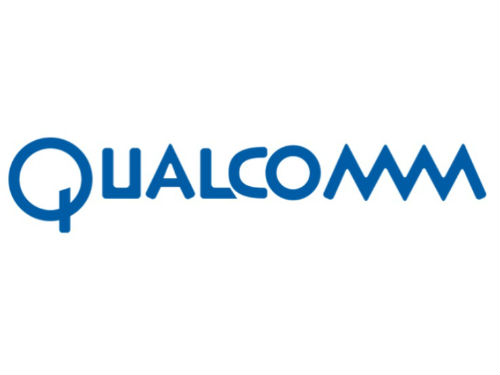DOJ Cautions Court About Penalizing Qualcomm
The smarter way to stay on top of the multichannel video marketplace. Sign up below.
You are now subscribed
Your newsletter sign-up was successful
Saying it takes no position on the Federal Trade Commission's conclusion that Qualcomm's licensing of essential cell phone patents violated antitrust laws, the Department of Justice has asked a Northern California district court to hold more hearings on the issue before deciding whether to require Qualcomm to renegotiate its existing licensing agreements, arguing that could threaten the rollout of 5G.
The Trump Administration is determined to win the "race" to next gen wireless broadband.
DOJ said the court had indicated a willingness to to so if FTC wins and before the court decides on a remedy.
"[T]there is a plausible prospect that an overly broad remedy in this case could reduce competition and innovation in markets for 5G technology and downstream applications that rely on that technology," DOJ Said.

DOJ said that could harm, not help, competition.
In addition, it said, "a court must take into account various public and private concerns beyond competition" when looking to a remedy for conduct.
"Because an overly broad remedy could result in reduced innovation, with the potential to harm American consumers, this Court should hold a hearing and order additional briefing to determine a proper remedy that protects competition while working minimal harm to public and private interests," it said.
The smarter way to stay on top of the multichannel video marketplace. Sign up below.
The Qualcomm suit was filed by the Obama FTC only three days before Trump took office.
In January 2017, the FTC charged Qualcomm with using anticompetitive tactics to monopolize the supply of a key technology for cell phones and other devices.
On the specific issue of its essential patents, the FTC said that Qualcomm's essential patents were adopted by a standards-setting body--of which Qualcomm was a member--in exchange for which participants "typically commit" to license the patents on those FRAND terms. But the FTC concluded that "despite its commitment to license standard-essential patents on FRAND terms, Qualcomm has consistently refused to license those patents to competing suppliers of baseband processors."
The FTC asked the court to make Qualcomm "cease its anticompetitive conduct and take actions to restore competitive conditions."
Qualcomm has said the FTC charges are baseless.
"The portrayal of facts offered by the FTC as the basis for the agency’s case is significantly flawed," it said at the time the suit was filed. "In particular, Qualcomm has never withheld or threatened to withhold chip supply in order to obtain agreement to unfair or unreasonable licensing terms. The FTC’s allegation to the contrary--the central thesis of the complaint--is wrong."
Computer companies and app developers back in September teamed up to back the Federal Trade Commission in its patent suit against Qualcomm and its licensing practices.
The Computer & Communications Industry Association and the App Association, whose members include Facebook, Amazon, eBay, Samsung, T-Mobile and many others, filed an amicus brief with the U.S. District Court for the Northern District of California.
Contributing editor John Eggerton has been an editor and/or writer on media regulation, legislation and policy for over four decades, including covering the FCC, FTC, Congress, the major media trade associations, and the federal courts. In addition to Multichannel News and Broadcasting + Cable, his work has appeared in Radio World, TV Technology, TV Fax, This Week in Consumer Electronics, Variety and the Encyclopedia Britannica.

